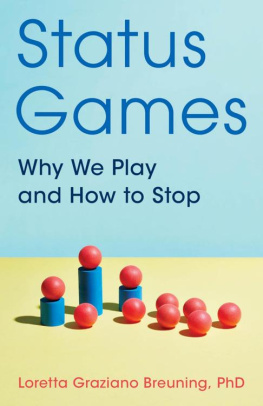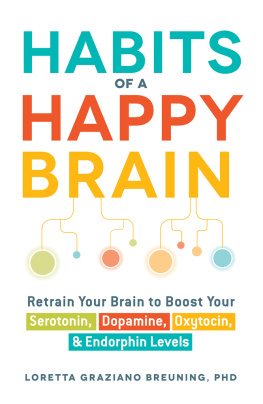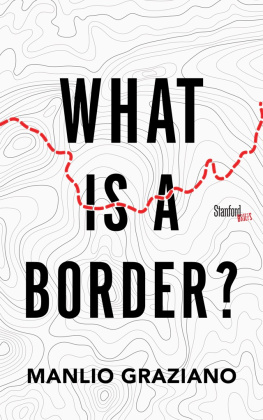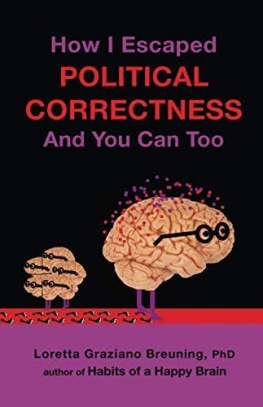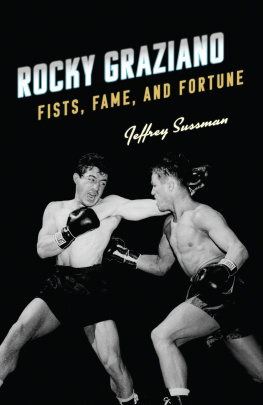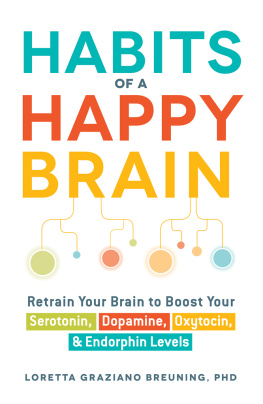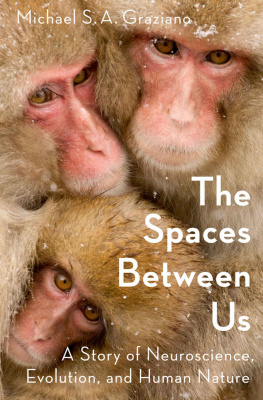Loretta Graziano Breuning - Status Games: Why We Play and How to Stop
Here you can read online Loretta Graziano Breuning - Status Games: Why We Play and How to Stop full text of the book (entire story) in english for free. Download pdf and epub, get meaning, cover and reviews about this ebook. year: 2021, publisher: Rowman & Littlefield, genre: Religion. Description of the work, (preface) as well as reviews are available. Best literature library LitArk.com created for fans of good reading and offers a wide selection of genres:
Romance novel
Science fiction
Adventure
Detective
Science
History
Home and family
Prose
Art
Politics
Computer
Non-fiction
Religion
Business
Children
Humor
Choose a favorite category and find really read worthwhile books. Enjoy immersion in the world of imagination, feel the emotions of the characters or learn something new for yourself, make an fascinating discovery.
- Book:Status Games: Why We Play and How to Stop
- Author:
- Publisher:Rowman & Littlefield
- Genre:
- Year:2021
- Rating:4 / 5
- Favourites:Add to favourites
- Your mark:
- 80
- 1
- 2
- 3
- 4
- 5
Status Games: Why We Play and How to Stop: summary, description and annotation
We offer to read an annotation, description, summary or preface (depends on what the author of the book "Status Games: Why We Play and How to Stop" wrote himself). If you haven't found the necessary information about the book — write in the comments, we will try to find it.
Status Games: Why We Play and How to Stop — read online for free the complete book (whole text) full work
Below is the text of the book, divided by pages. System saving the place of the last page read, allows you to conveniently read the book "Status Games: Why We Play and How to Stop" online for free, without having to search again every time where you left off. Put a bookmark, and you can go to the page where you finished reading at any time.
Font size:
Interval:
Bookmark:
Why We Play and How to Stop
Loretta Graziano Breuning, PhD Inner Mammal Institute

Lanham Boulder New York London

An imprint of The Rowman & Littlefield Publishing Group, Inc.
4501 Forbes Blvd., Ste. 200
Lanham, MD 20706
www.rowman.com
Distributed by NATIONAL BOOK NETWORK
Copyright 2021 by Loretta Graziano Breuning
All rights reserved. No part of this book may be reproduced in any form or by any electronic or mechanical means, including information storage and retrieval systems, without written permission from the publisher, except by a reviewer who may quote passages in a review.
British Library Cataloguing in Publication Information available
Library of Congress Cataloging-in-Publication Data
Names: Breuning, Loretta Graziano, author.
Title: Status games : why we play and how to stop / Loretta Graziano Breuning, PhD, Inner Mammal Institute.
Description: Lanham, MD : Rowman & Littlefield, [2021] | Includes index. | Summary: People care about status despite their best intentions because our brains are wired this way. But playing status games can be stressful, anxiety-provoking, and joy-stealing. Learn to rewire your brain to replace the trap of social comparison with joy of self-confidence Provided by publisher.
Identifiers: LCCN 2021010696 (print) | LCCN 2021010697 (ebook) | ISBN 9781538144190 (pbk. ; alk. paper) | ISBN 9781538144206 (electronic)
Subjects: LCSH: Self-confidence. | Social status. | HappinessPhysiological aspects.
Classification: LCC BF575.S39 B75 2021 (print) | LCC BF575.S39 (ebook) | DDC 158.1dc23
LC record available at https://lccn.loc.gov/2021010696
LC ebook record available at https://lccn.loc.gov/2021010697
 The paper used in this publication meets the minimum requirements of American National Standard for Information SciencesPermanence of Paper for Printed Library Materials, ANSI/NISO Z39.48-1992.
The paper used in this publication meets the minimum requirements of American National Standard for Information SciencesPermanence of Paper for Printed Library Materials, ANSI/NISO Z39.48-1992.
For my grandson, Mateo Curbelo
Many years ago, I saw the words Brand You! on a magazine cover. The article promised success if you think of yourself as a brand and diligently sell your brand. I hated this idea. My definition of success was being able to stop selling.
I had the same problem with romance. I saw people selling themselves to new partners all the time. My idea of love was being able to stop selling. I did not want the kind of love that requires constant monitoring of the marketplace and supplying what the market demands.
I thought something was wrong with me because of my discomfort with selling. But in time, I realized that everyone hates it. So why does everyone feel pressure to do it? We tend to blame society and our families for this thought loop. We tend to think we cant escape it until we create a utopia where everyone feels valued all the time without having to do anything for it. I searched for that utopia and didnt find it.
But I found something better: the facts about how our brain creates these feelings. In the state of nature, social comparison has life-or-death consequences, so natural selection built a brain that responds to social comparisons with life-or-death brain chemistry. Animals have strong feelings about their social position, and we have inherited the brain system that creates these feelings. I relaxed when I understood the origins of my feelings. You can relax too. Nothing is wrong with us. Were mammals!
You have surely heard of Lake Wobegon, where all the men are tall, all the women are good looking, and all the children are above average. I grew up in Lake Worseoff, where everyone felt short, ugly, and stupid. I thought the way to be happy was to move to Lake Wobegon. But when I got there, I realized that people are all the same. We all fret over social comparison because weve all inherited a limbic brain that does that. Fortunately, we have power over these emotions when we know how we create them.
This book shows how status stimulates the good feeling of serotonin, and how you can enjoy serotonin without endless status games. This is a different way to look at life; but once you know the facts, you will enjoy a new sense of calm. Anyone can do it, in three simple steps:
- Recognize your mammalian urge for social importance instead of believing what your verbal brain tells you.
- Replace your old serotonin habit with a new one that puts you up without putting others down.
- Repeat this new thought loop for six weeks, so the new pathway feels as natural as your old one.
This is hard because the verbal brain doesnt understand the mammal brain its attached to. Your verbal brain says, I dont care about status even as your mammal brain cares with a neurochemical sense of urgency. In the modern world, acknowledging your animal urge for social importance is taboo. Its more socially acceptable to talk about your sex life than to admit that you care about status. But once you get real about your inner mammal, you have power over it.
Humans are status conscious because animals are status conscious, and weve inherited the brain structures that motivate them. This may be hard to believe since were told that animals are cooperative and our society causes status seeking. But a close look at the status games of animals reveals patterns we know well from daily life. Mammals strive to one-up each other with all the energy they have left after meeting basic needs. Mammals cooperate when it helps them raise their status, and they compete when that yields more status. They do this because the mammal brain rewards you with a good feeling when you dominate and alarms you with threat chemicals when you submit.
We have inherited this brain chemistry. It gives us life-or-death feelings about status despite our best intentions. When you know how your mammal brain does this, you can enjoy the world as it is instead of feeling threatened by status games. You cant control the world, but you can control your brain more than you realize.
Researchers have studied the status distinctions in mammalian herds and packs and troops for over a century. We know that mammals who raise their status are more able to spread their genes. They dont think consciously about genetics, of course. They just do what feels good, and natural selection built a brain that rewards them with a good feeling (serotonin) when they raise their status. And it alerts them with a bad feeling (cortisol) when they see a threat to their status. Humans have the same chemicals, and we control them with the same brain structures (the amygdala, hippocampus, pituitary, etc., collectively known as the limbic system). So our strong feelings about status are not a mystery.
Humans differ from other animals because of our big cortex, which gives us language and awareness of the future. The animal brain cannot process language or think about the future. This is why the animal brain inside you cannot tell you in words why it feels good or bad, and why it does not care about the future consequences of the things that make you feel good today. Your animal brain just strives to repeat behaviors that trigger happy chemicals and avoid behaviors that trigger unhappy chemicals.
You dont think this consciously, of course. Your limbic brain and your verbal brain are not on speaking terms. This is why you can long for the good feeling of social importance while saying you do not. Status games result.
Font size:
Interval:
Bookmark:
Similar books «Status Games: Why We Play and How to Stop»
Look at similar books to Status Games: Why We Play and How to Stop. We have selected literature similar in name and meaning in the hope of providing readers with more options to find new, interesting, not yet read works.
Discussion, reviews of the book Status Games: Why We Play and How to Stop and just readers' own opinions. Leave your comments, write what you think about the work, its meaning or the main characters. Specify what exactly you liked and what you didn't like, and why you think so.

